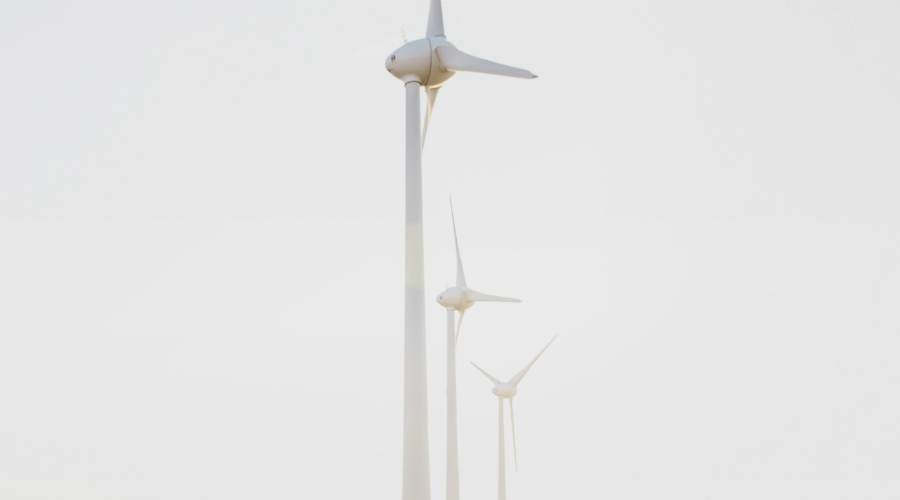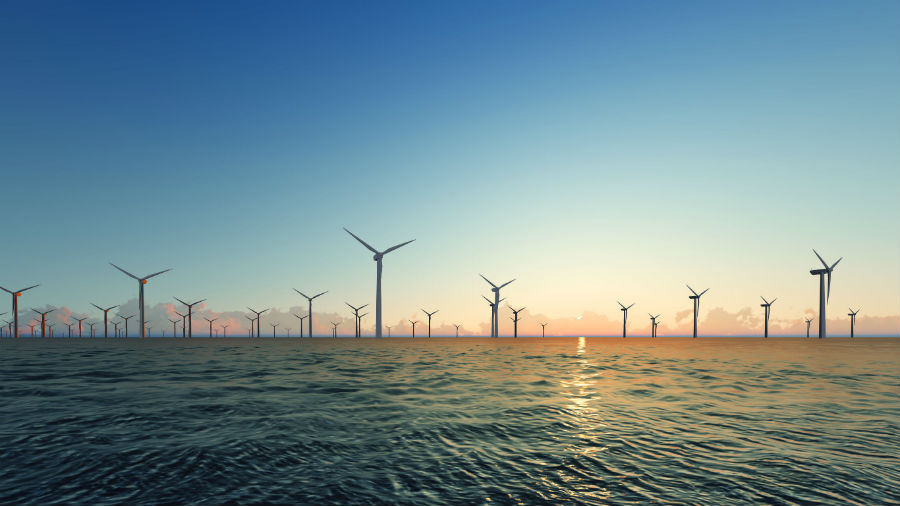3. … for power storage?
Storage assets, such as Battery Energy Storage Systems (BESS), continue to face challenges due to the limited revenue streams currently available. At present, BESS assets cannot fully access key markets such as the wholesale and balancing markets, with revenues primarily generated through the capacity market and ancillary services. This limitation creates difficulties for developers in securing the investment and financing needed for storage projects. However, efforts are underway to expand market access for BESS, including enabling participation in wholesale arbitrage, which could establish a significant new revenue stream and enhance the financial viability of storage projects.
As mentioned previously, planning and environmental compliance remain critical obstacles for the sector. Securing planning permission for storage projects can be a lengthy and complex process, particularly where environmental impact assessments or local community concerns arise. Additionally, the lack of grid capacity presents a major barrier for developers (as mentioned previously) and significant investment in grid infrastructure is also required to accommodate increased levels of flexible storage assets.
Despite these challenges, the outlook for the storage industry is increasingly positive, driven by proposed regulatory and policy reforms. Upcoming planning legislation is expected to streamline approval processes, while reforms to market access for BESS assets could unlock new revenue opportunities. Further, the CRU's consultation on hybrid assets may enable co-location of technologies such as solar and batteries behind a single grid connection point, enhancing the attractiveness of BESS. These developments align with Ireland’s Climate Action Plan, which aims to significantly increase storage capacity by 2030, positioning the sector as a key enabler of the country’s energy transition.
4. ... for owners and operators of electricity transmission and distribution infrastructure?
Owners and operators of electricity transmission and distribution infrastructure in Ireland face challenges in meeting growing electricity demand, particularly from data centres. Significant investment in grid upgrades is essential to accommodate more renewable energy, meet demand, and achieve Ireland's decarbonisation targets. Current grid deficiencies are evident in the high levels of renewable energy curtailment in recent years. While the Irish Government supports increased funding for grid upgrades, operators must align with the CRU's forthcoming Price Review 6 (PR6) to secure funding and avoid penalties for non-compliance with resilience standards.
Planning and consenting delays are also a major challenge for operators. Earlier this year, the proposed North-South Interconnector between Ireland and Northern Ireland — critical for future infrastructure — was further delayed due to a legal challenge. These delays hinder renewable energy connections, which in-turn worsen curtailment issues.
Notwithstanding these challenges, opportunities exist. The rise in adverse weather events has highlighted the need for a modern, resilient electricity grid. With increased Government support, operators are well placed to secure the funding they need for essential infrastructure projects.
Operators can also leverage advancements in smart grid solutions, artificial intelligence, and digitalisation to enhance efficiency and innovation. Investments in advanced metering, energy storage, and data management can improve operations, stabilise the grid, and create new revenue streams, which can position operators at the forefront of the energy transition.
The development of new offshore wind transmission infrastructure will be key to achieving Ireland’s 5 GW offshore wind target by 2030. Substantial new transmission infrastructure will enable EirGrid, as Ireland's offshore grid operator, to play a pivotal role in meeting climate goals and expanding its expertise as a transmission operator.




